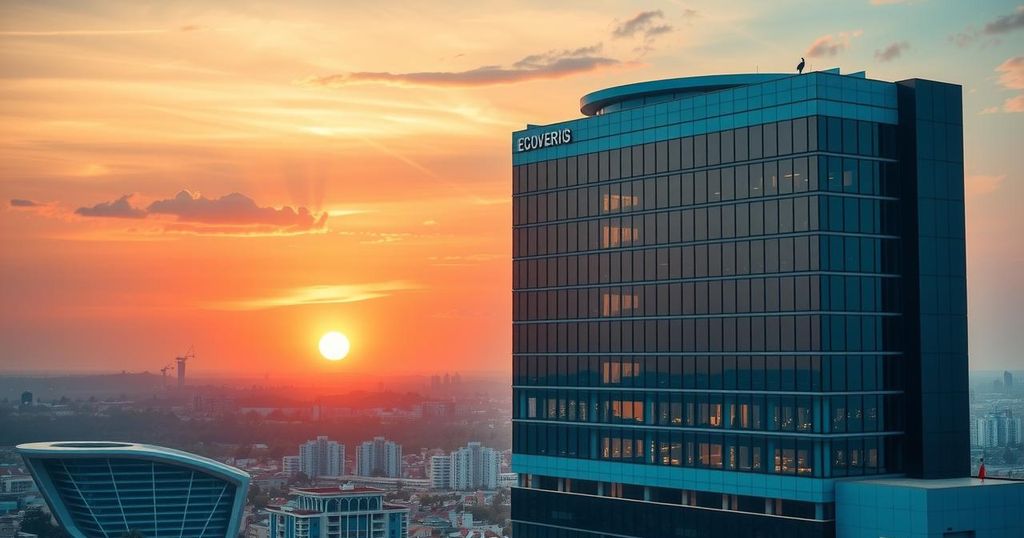President Bola Tinubu of Nigeria expressed optimism about the economy, claiming a “light at the end of the tunnel” amid ongoing cost-of-living challenges. Despite economic hardships, recent GDP growth and essential reforms provide hope for recovery. However, rising rents in urban areas illustrate the persistent struggles faced by many Nigerians.
Nigeria’s President Bola Tinubu recently expressed optimism about the nation’s economic situation, stating that there is a “light at the end of the tunnel” as the country continues to confront a cost-of-living crisis that has persisted for two years. Following the abolition of a costly fuel subsidy and the liberalisation of the naira currency, Nigeria has experienced significant inflation challenges.
Despite these economic trials, Tinubu highlighted that the government, in conjunction with international entities like the International Monetary Fund, believe the reforms were essential for Nigeria’s future. Ordinary citizens, however, have felt the impact of the economic turmoil more acutely than anyone else. Notably, the President remarked that, “The past year tested our resolve but through the economic discipline and strategic reform, we achieved what many deemed impossible” while signing the newly proposed budget for the year.
President Tinubu pointed towards a recent GDP growth figure of 3.8 percent in the fourth quarter of 2024, the most substantial growth observed in three years, as indicative of the positive effects of the reforms. He noted several reforms, including a rise in the minimum wage and an increase in government revenue, predicting enhanced economic performance in 2025 related to reduced petroleum imports and improvements in domestic refinery output.
However, while the government signals progress, many Nigerians still face economic hardship, particularly as rents in major cities like Lagos have reportedly surged, impacting their financial stability. Renters have encountered increases ranging from 100 to 200 percent in certain areas, with others experiencing hikes of up to 30 percent, exacerbating the financial strains already present as salaries lag behind inflation rates.
In summary, President Bola Tinubu remains optimistic about Nigeria’s economic recovery amid challenges posed by inflation and cost-of-living crises. The government’s reforms are starting to show positive results, with GDP growth and increased revenue figures. Nevertheless, many citizens continue to struggle with rising costs, especially in housing, underscoring the complexities of the economic landscape in Nigeria as it navigates towards a more stable future.
Original Source: www.france24.com




